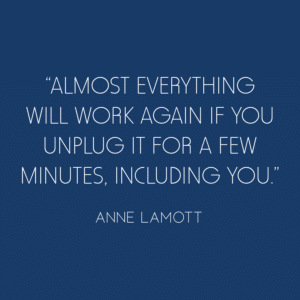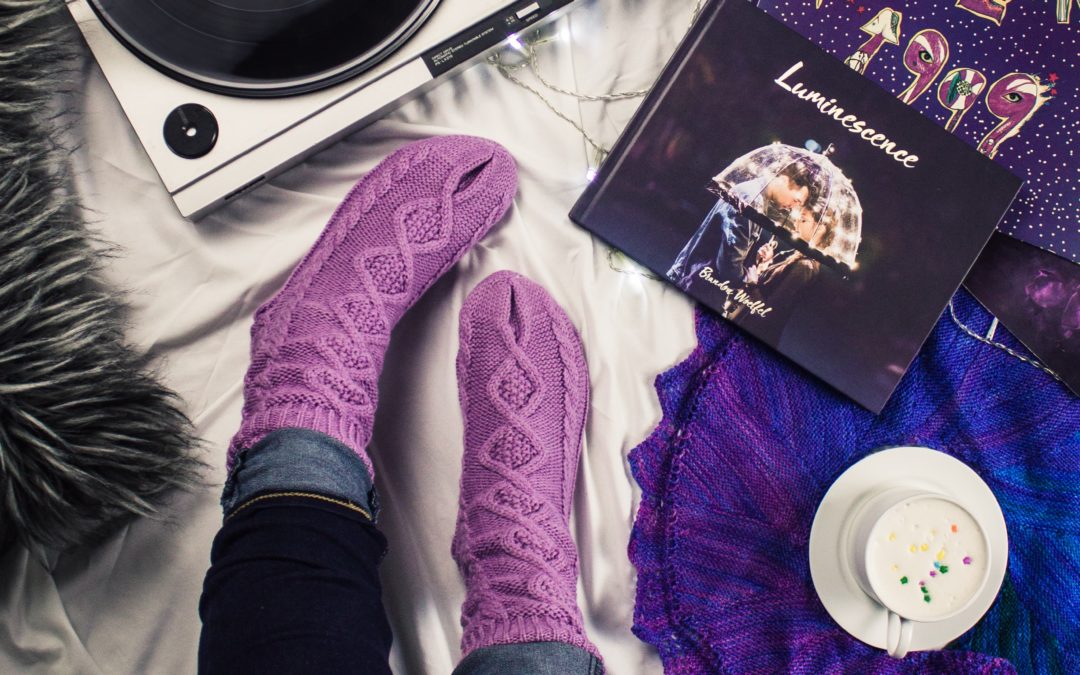What is self-care?
Any activity that we do deliberately to take care of our mental, emotional, and physical growth. This means activities that replenish us and nourish us to stay balanced in body, mind, and spirit, keeping us fit and resilient in times of physical or emotional stress.
Any activity that we do deliberately to take care of our mental, emotional, and physical growth. This means activities that replenish us and nourish us to stay balanced in body, mind, and spirit, keeping us fit and resilient in times of physical or emotional stress.
Some examples of basic self-care include:
- Getting enough sleep – Not enough sleep can drain you emotionally and physically
- Hydrate – In the morning before you caffeinate and throughout the day
- Healthy eating – What kind of fuel supports your energy and growth?
- Physical activity – Work this into your daily or weekly plan
- Connection with others – People are the most important thing in our lives
- Saying no! And being assertive – be true to yourself and your needs
- Relaxing – Take time to do what you enjoy or what refuels you
- Reducing stress – Figure out what is causing you stress and work through it with a mental health professional
Take some time for yourself
You’ve heard the phrase “put on your own oxygen mask before helping someone else. This doesn’t just apply to flying on airplanes! If your emotional, physical, or mental energy tank is at empty, you won’t be able to help anyone around you as effectively. Spending a few minutes regularly to take care of your own needs can make all the difference. Ask yourself: how much time do you set aside to support your own well-being? In order to be selfless, we have to be selfish enough to recharge ourselves.

Ask for help when you need it
This can mean many things – what does it mean to you?
- House cleaning service
- Yard services
- Help with children (nanny, babysitter)
- Laundry service
- Meal prepping
- Personal coach
- Psychologist/therapist
- Physical trainer
- Help with workload at work
If these suggestions are not practical for you and your lifestyle, they can still help you figure out the areas in your daily life that are causing you stress and figure out an action plan from there.
Choose Happiness
Happiness does not just appear and land on you like a butterfly – you have to cultivate and grow it; you have to fight for it. Don’t make it someone else’s responsibility to make you happy or base your happiness on external circumstances like a job, material possessions, or other people.
Cheryl Richardson is the author of “The Art of Extreme Self-Care: Transform Your Life One Month at a Time.” She advises that the best way to begin your self-care practice is to identify where you feel most deprived in your life.
Richardson suggests asking yourself the following questions:
- Where do I feel deprived?
- What do I need more of right now?
- What do I need less of?
- What do I want right now?
- What am I yearning for?
- Who or what is causing me to feel resentful, and why?
- What am I starving for?
Richardson suggests you be specific in your responses. Rather than write that you feel like you don’t have time to yourself, you might instead write that you feel deprived of uninterrupted alone time away from your family. Having this time would enable you to do something just for you, like shop for yourself, read a book, or catch up with a friend.
Being specific will help you identify what you’re lacking and what you need.

Richardson also suggests creating a “No List.” Knowing what you don’t want to do, she affirms, is just as important as knowing what you do want to do. Examples that might go on the No List include:
- not gossiping
- not rushing
- not holding on to things you don’t love or need
The No List makes it clear what you refuse to deal with in your life. Having such a list can help you feel protected and safe and leave you free to engage in self-care.
When to fit in self-care
There’s no secret formula for the best time of day for self-care. The most consistent recommendations are to try and make time for self-care around the same period each day to build the habit.
A 2020 study on prescription treatment habits and adherence may lend some insight to incorporating your self-care habit. The study found that more people were accustomed to a set of activities to start their days (whatever time that was for each person).
Adding another habit to that morning regimen was easier than implementing a habit later on in the day.
For self-care like mindfulness, reflection, and journaling, this end-of-day time (whatever that is for you) may be the ideal stage to pick from your customized self-care arsenal to give yourself attention, without it being another structured “to do.”
If you’re a caregiver to a child, perhaps midday, when the kids are at school, is an ideal time to pen in moments to tend to yourself.
As a nation, it seems the COVID-19 pandemic was a wake-up call to start prioritizing our individual well-being.
A June 2020 Harris Poll, conducted on behalf of Samueli Integrative Health Programs, found that 80% of U.S. adults said they will be more intentional about practicing self-care on a regular basis once the pandemic is over.
The same poll found that:
- 46% said they had been having difficulty maintaining their physical, mental, and spiritual health due to the pandemic
- 30% said they have a lack of energy
- 29% reported having trouble sleeping
- 29% said they exercised less
- 64% said they’re more conscious of their mental health than ever before
- 44% said they wished they had more support or guidance on how to practice self-care
Compared with before the pandemic, the survey found that some people have been practicing more activities for self-care:
- 35% are engaging in more creative pursuits
- 31% are praying more
- 31% are having more meaningful conversations with family or friends
- 25% said they’re spending more time outdoors or eating more healthy foods
If you have recognized areas in your life that could benefit from more self-care, check out the video below to create your own Self-Care Action Plan:
If you are still struggling with your mental and physical well-being, check out our website for more information on how New Roads Behavioral Health can help you find a life worth living.

